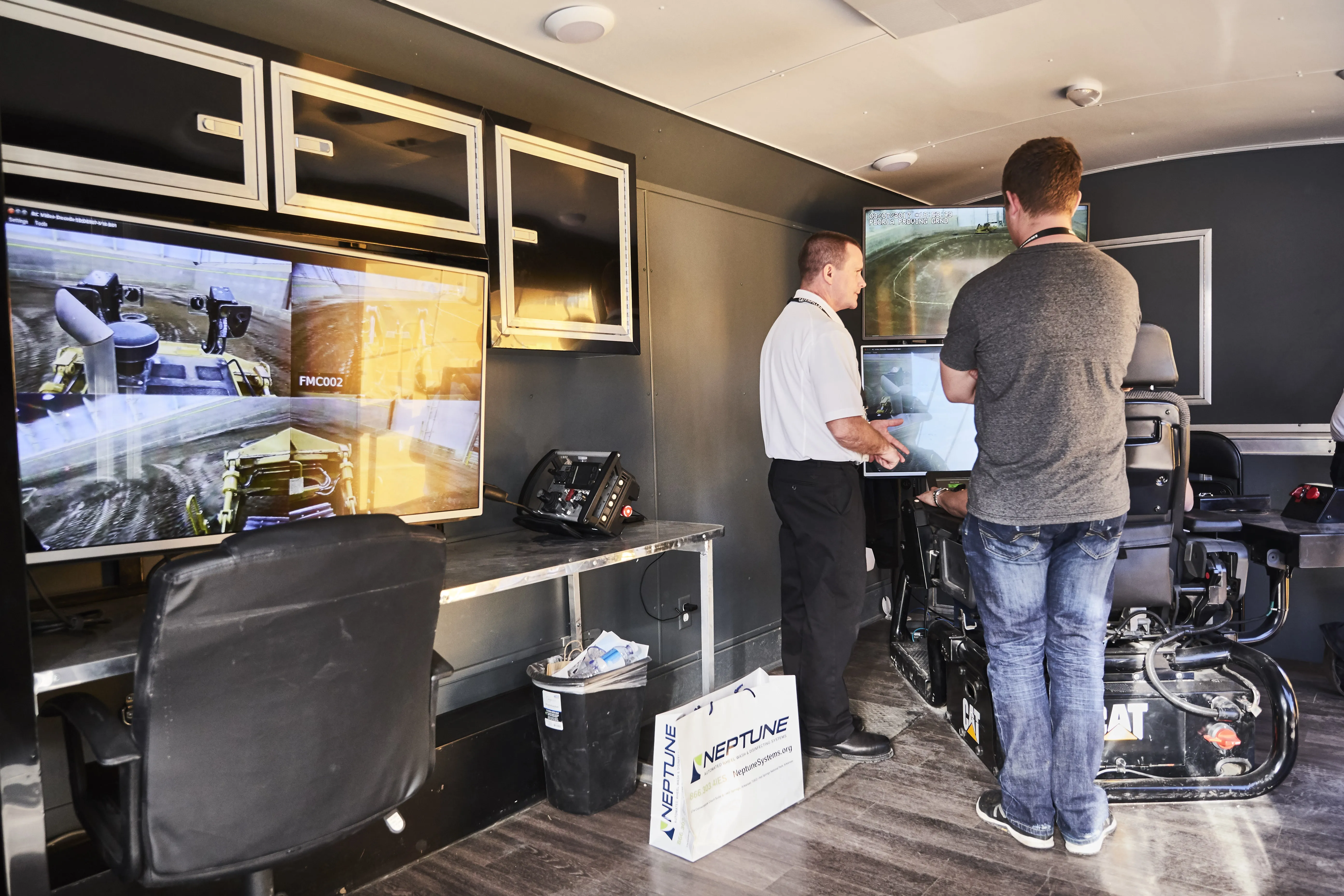Volkswagen Power Systems is keen to increase its presence in the construction machinery sector. The company, which now brings together both VW engines and those of heavy truck manufacturer MAN, has been present in the industrial fork lift market for many years. However with a range of Stage V ready engines on offer, the company believes that now is the time to make a big impact on construction OEMs.
The firm’s compact 2.0-litre diesel engine is based on that fitted to Volkswagen’s Golf car and Transporter
April 23, 2015
Read time: 2 mins

The firm’s compact 2.0-litre diesel engine is based on that fitted to Volkswagen’s Golf car and Transporter commercial vehicle ranges. Delivering 44kW of power, the engine is currently Stage IIIB/Tier 4 Final compliant, but VW says that all that is required is the addition of CO2 sensors and revisions to the engine’s ECU plus a new after-treatment package to meet Stage V. The after-treatment will include a Continuous Regeneration Trap (CRT) positioned close to the engine to reduce emissions.
“We think that with the introduction of Stage V a lot of manufacturers will have a problem with the packaging of smaller engines,” said head of sales Stephen Diekmann.








